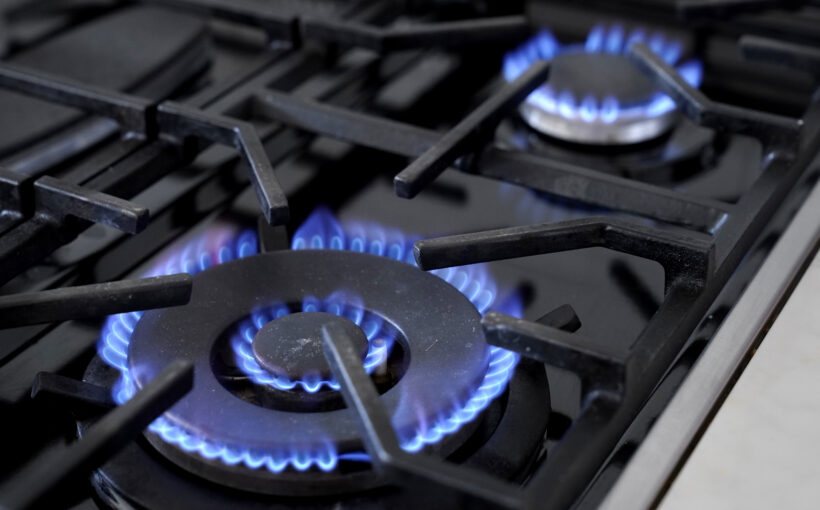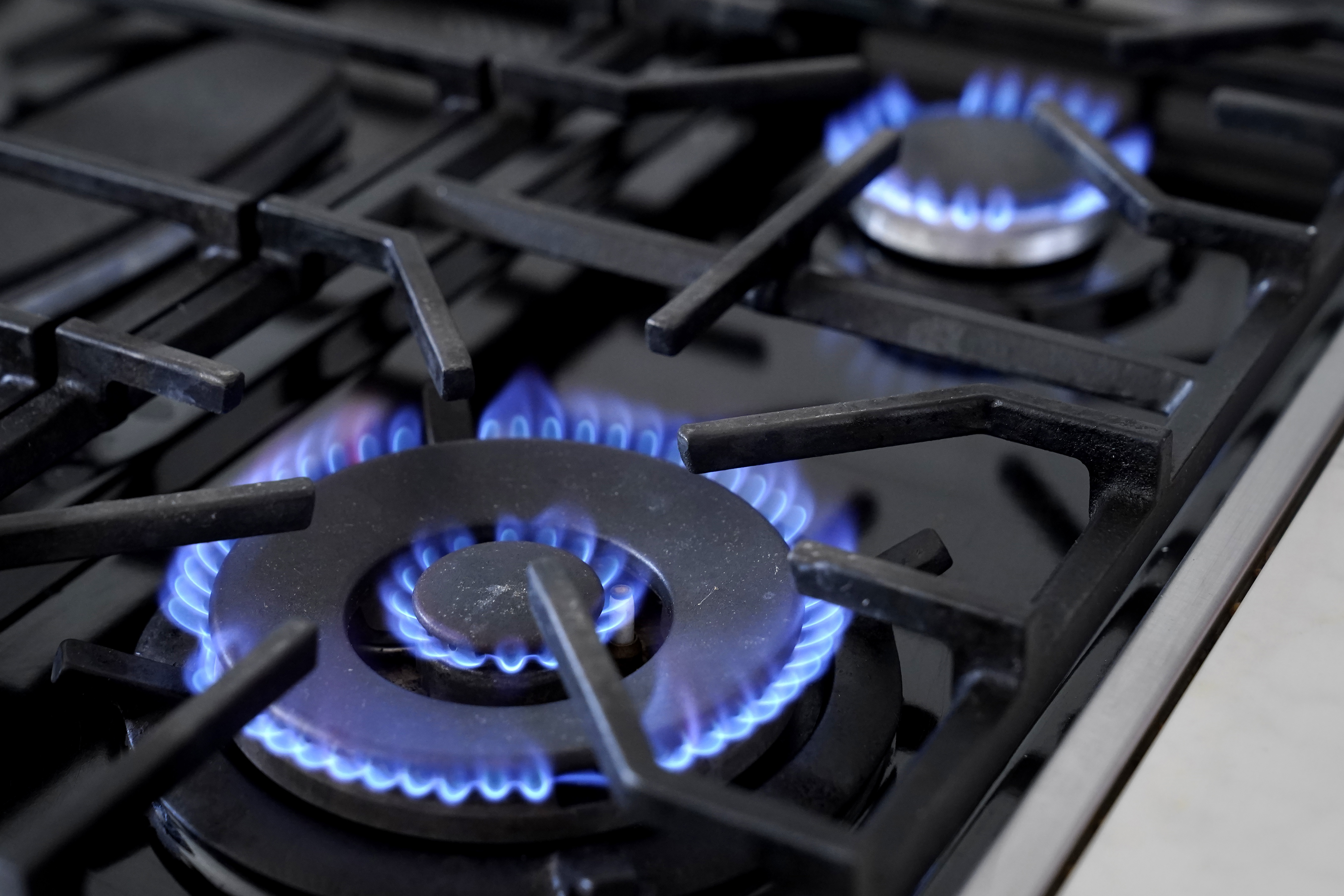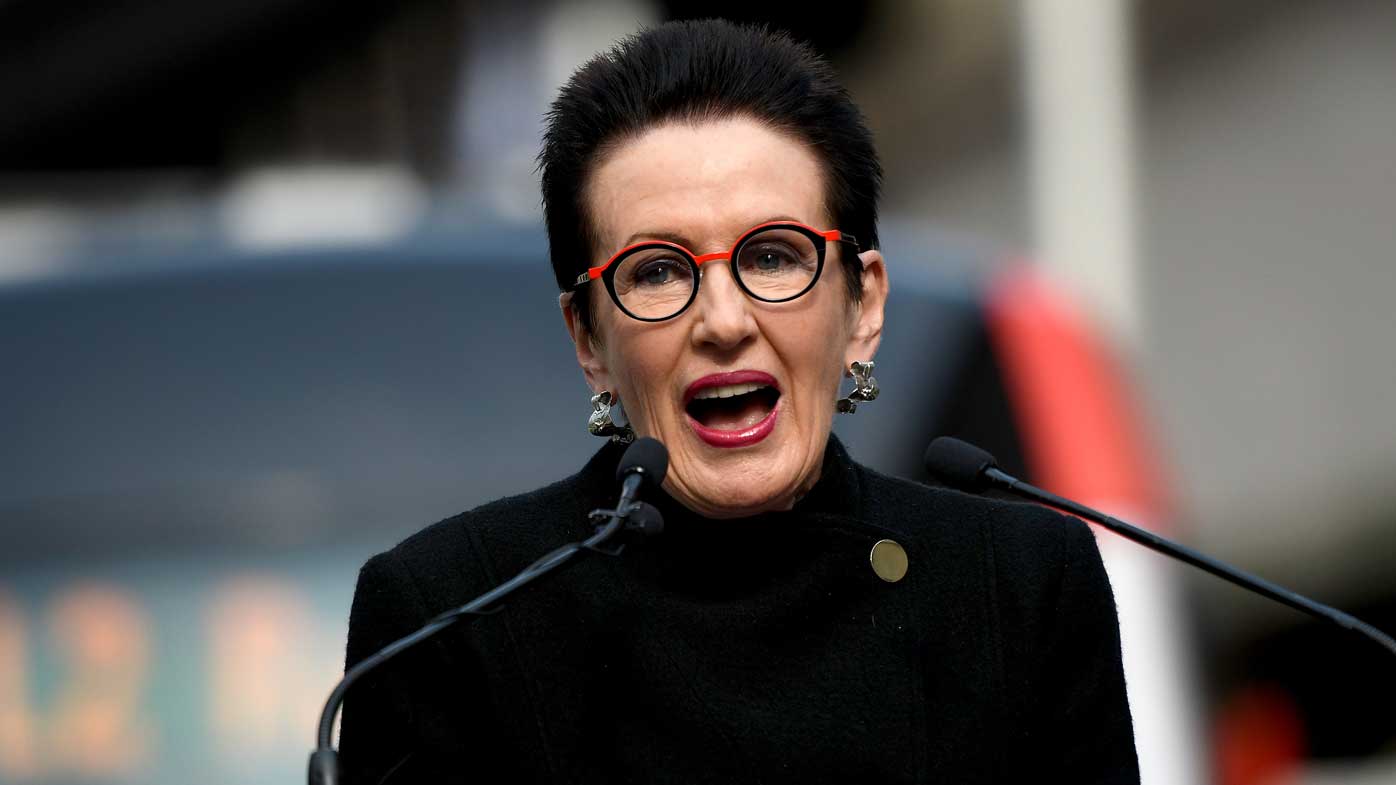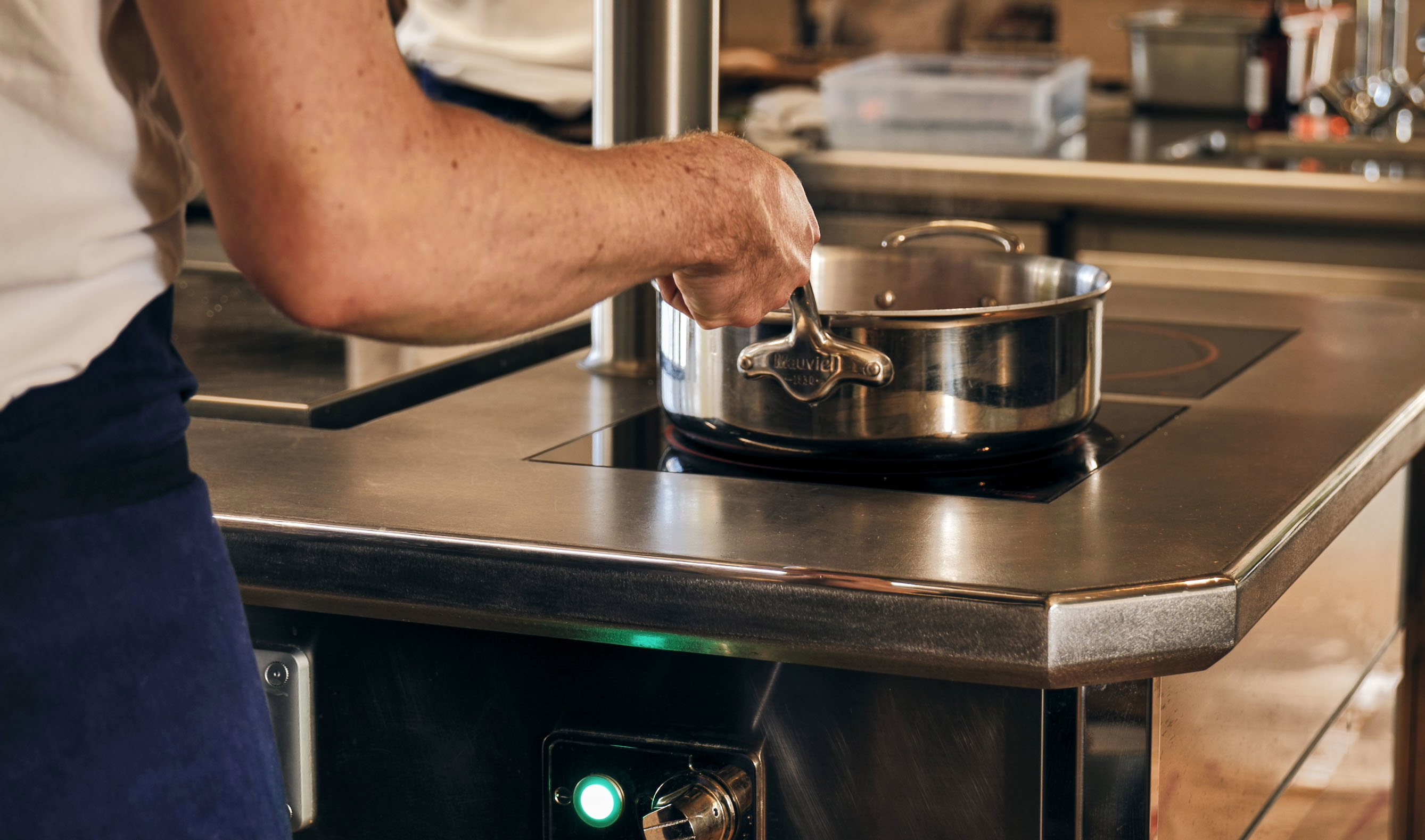The local councils of Australia's two largest cities have moved closer to phasing out the use of gas stoves after signing on to a global movement to push kitchens towards electrification.
The City of Sydney and City of Melbourne have both agreed to build no council facilities with fossil fuel connections by the end of the decade, and to phase out all fossil fuel use in their buildings by 2040 after becoming supporters of the Global Cooksafe Coalition (GCC) yesterday.
The two councils also committed to exploring planning controls that could see the use of gas stoves in new buildings outlawed, similar to legislation already in place in the ACT and Victoria.
READ MORE: Gas stoves are in homes all over Australia. And the evidence says they're making kids sick
"We are in a climate emergency and we need to do everything we can, urgently, to lower our emissions," Sydney Lord Mayor Clover Moore said.
"The City of Sydney is committed to net zero emissions in our area by 2035 and reducing fossil fuel use is critical if we are to reach that target.
"That's why we're investigating constructive ways we can continue our transition away from gas use, including changes to the city's planning controls to ensure kitchens in new commercial and residential developments can run on renewable electricity."
The commitment follows a motion in September when Sydney councillors voted in favour of staff "investigating additional options to reduce gas use, including changes to planning rules".
READ MORE: Rapid melting in West Antarctica is 'unavoidable,' study finds
The City of Melbourne, meanwhile, also launched its Retrofit Melbourne plan that will help all buildings in the council area to become "zero carbon ready" – that is, highly energy efficient and powered solely by renewables – by 2040.
Retrofitting existing buildings is not only necessary for our environment and emissions reduction targets," Lord Mayor Sally Capp and councillor Elizabeth Mary Doidge said.
"It offers inspiring and updated facilities for our city's employees, boosts property values for better tenant attraction and retention, and enables a range of co-benefits including healthier and more comfortable buildings, and precinct revitalisation.
"Addressing the issue of decarbonisation, just in the existing mid-tier commercial building sector, means Melbourne needs to retrofit about 80 properties each year to meet our climate goals.
"Currently, we average seven."
READ MORE: Aussie workers get half-a-billion dollar pay day
The GCC is an alliance of chefs, doctors, property developers, climate bodies and other groups aiming to completely phase out gas cooking by 2045 due to the health, energy efficiency, cost and climate benefits provided by electrification.
It welcomed the support of the two councils, and called on other governments to move quickly in a similar direction.
"We're delighted that the City of Sydney and the City of Melbourne have joined with us and our property partners to work towards fossil fuel free kitchens in our cities," Australian program manager Virginia Jones said.
"It's now time that our leaders, across all levels of government, recognise the urgency of these types of reforms."






